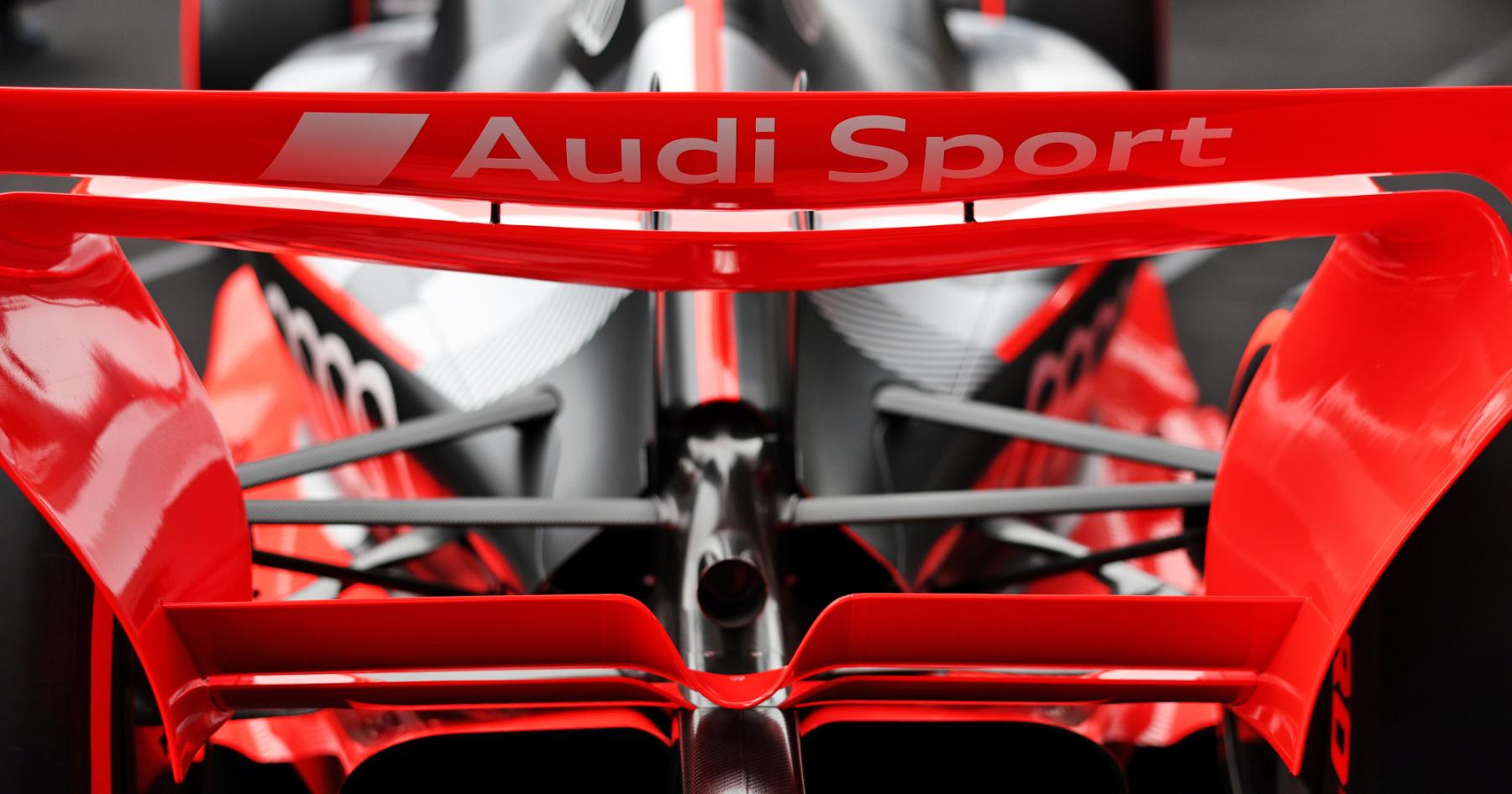Yesterday at 12:00
Jonathan Wheatley has explained that Audi is not in support of F1
readopting V8 engines, as concerns over the next generation of
power units fester in the paddock. The Stake team principal will
continue to lead the former Sauber entry as it transforms into the
aforementioned German car giant for the 2026 season. At that point,
F1 is also introducing comprehensively changed chassis and power
unit regulations, with the latter a considerable pull factor in
enticing Audi to the championship. However, there is already a
substantial contingent pressing to discard the new engine rules,
with increasing support for F1 to return to V8 engines - last used
in 2013 - with 100 percent sustainable fuel. Hybrid power was
introduced to F1 in 2014, and that generation of power units has
lasted comfortably over a decade, but pressure is mounting on the
championship to move quickly on to V8 engines. There is growing
dissatisfaction from some quarters over the balance between
electrical energy and conventional combustion power - and what that
will mean for performance. It initially appeared that any V8
transition could happen as soon as 2029, but that timeframe now
more realistically looks to be 2031 at the earliest, a point which
is also, conveniently, the end of the new chassis rules cycle.
However, Audi's foray into F1 was predicated on three central
pillars, according to Wheatley, with two set to be eliminated by
the V8 plans. "I think fundamentally, there were three pillars that
Audi set their entrance into Formula 1 on," the Briton told media,
including RacingNews365 . "One was a highly efficient engine,
another one was advanced hybrid technology, and sustainable fuels."
Like the second iteration of hybrid power unit, the V8 proposals
will use sustainable fuels, but Wheatley does not believe Audi will
change its stance on the matter, given the trident of principles it
was enticed by. "So I don't think our position has changed on
that," the 58-year-old said. "And as far as I know, we're going to
stay in that position for a very long time."



